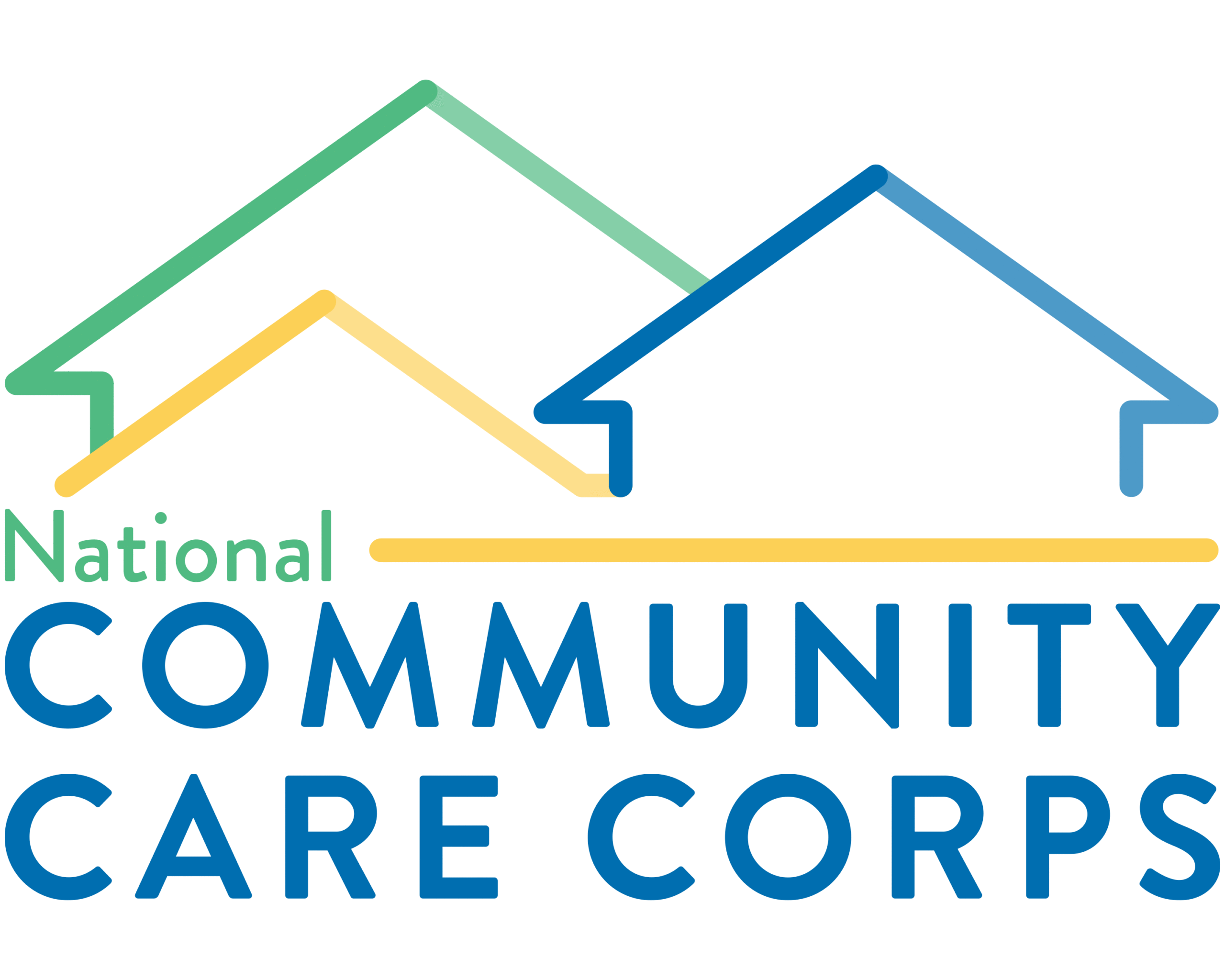
SHARING THE VISION
Partners support our vision in a number of ways, including providing family caregivers with services directly and directing them to the Institute for additional support, training and certifying Finding Meaning and Hope facilitators to offer the discussion series, and providing financial and logistical support.

$256.7 Billion
of estimated unpaid dementia caregiving given in 2020
15 Million
Alzheimer or dementia family caregivers provided unpaid care in 2020
$1.1 Trillion
projected cost of treating dementia by 2050
In 2020, an estimated
15.3 Billion hrs
were spent of unpaid care for family and friends with dementia
STATISTICS
The Risks To Family Caregivers

The National Institute of Health reports that, during 2020, more than 15 million family members and other unpaid caregivers provided an estimated 15.3 billion hours of care to people with Alzheimer’s or other dementias. Unpaid dementia caregiving was valued at $256.7 billion in 2020 and the Alzheimer’s Association estimates that the total cost for care will increase to more than $1.1 trillion annually by 2050. Its costs, however, extend to family caregivers’ increased risk for emotional distress and negative mental and physical health outcomes – costs that have been aggravated by COVID-19.
The Centers for Disease Control and Prevention reports that people with Alzheimer’s disease and related dementias are usually cared for by family members or friends. The majority (80%) of people with Alzheimer’s disease and related dementias are receiving care in their homes.
Approximately two-thirds of dementia caregivers are women, about one in three caregivers is age 65 or older, and approximately one-quarter of dementia caregivers are “sandwich generation” caregivers, meaning that they care not only for an aging parent, but also for children under age 18.
The demands of caregiving can limit a caregiver’s ability to take care of themselves. Family caregivers are at greater risk for anxiety, depression, and poorer quality of life than caregivers of people with other conditions.

CREATING A COMMUNITY
Providing Valuable Resources to Caregivers
Getting help and finding support often feels like a daunting task for many caregivers, but it doesn’t need to be. The Meaning & Hope Institute is dedicated to connecting dementia family caregivers to much needed and valuable resources to help them along their caregiving journey.
We are proud of the Finding Meaning and Hope discussion series and support group services that we provide to caregivers directly. And, through our growing group of Meaning & Hope partners, we are working to build capacity to offer more value and comprehensive support to caregivers nationwide.





